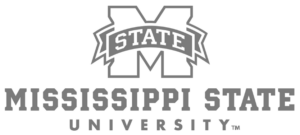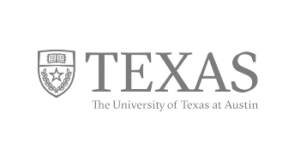In a significant stride towards revolutionizing the world of software testing, Dr. Milos Gligoric, Associate Professor in Electrical and Computer Engineering at The University of Texas at Austin and the Archie W. Straiton Endowed Faculty Fellow in Engineering, has spearheaded a team that recently secured the prestigious NSF National I-Corps grant. This grant represents not only a testament to their relentless dedication but also a promising step toward transforming the way companies approach software testing.

Aditya Thimmaiah, Entrepreneurial Lead
Companies around the world are grappling with the challenge of running extensive software tests daily, consuming considerable time and hardware resources. Dr. Gligoric’s team recognizes the impact of these long-running tests on developers’ productivity and the need for a more efficient solution. The negative effects are further exacerbated by frequent code changes, which necessitate running tests for every alteration. Even giant tech corporations like Google, which reports running over 70+ million tests daily, face this predicament.
Dr. Gligoric and his team propose a pioneering solution to address this issue – an end-to-end infrastructure designed to significantly reduce the cost of regression testing. Their approach builds upon extensive research on regression test selection (RTS), a method that runs only a subset of available tests (those impacted by code changes) for each code change. This innovation aims to benefit companies of all sizes, improving testing efficiency, developer productivity, and reducing the environmental footprint through the efficient use of computing resources.

Yu Liu, Entrepreneurial Lead
Dr. Gligoric expressed his enthusiasm for this groundbreaking project, saying, “The NSF I-Corps program provides a unique opportunity to bridge the gap between academic research and practical applications. We are thrilled to be part of this program and look forward to transforming the way companies approach software testing.”
The team, comprising individuals with strong technical and business acumen, includes Aditya Thimmaiah, a doctoral student in Electrical and Computer Engineering, Yu Liu, a doctoral student specializing in software testing, and Dr. Bruce Boville, an alumnus of UT Austin who has a background in lab-to-market transitions. Their diverse expertise positions them well to tackle the challenges associated with software testing and innovation.
The proposed technology’s lineage can be traced back to Dr. Gligoric’s extensive NSF-supported research projects, demonstrating a track record of excellence in the field. Their tool, Ekstazi, has already made significant strides by being adopted by open-source projects, showcasing its potential for broader application.
The potential commercial impact of their work is substantial. Dr. Gligoric’s team aims to substantially reduce testing time, lower resource requirements, and align with green computing efforts and carbon neutrality. Their innovative approach stands to benefit companies of all sizes, from startups to tech giants.

Dr. Bruce Boville, Mentor
The proposed project plan involves developing fine-grained regression test selection tools that capture dependencies at a fine-grained level, improving efficiency across various programming languages and development workflows. The team plans to conduct interviews with potential customers, develop a business model, and determine the feasibility of their technology.
Dr. Milos Gligoric and his team are poised to revolutionize software testing with their NSF National I-Corps grant, and The University of Texas at Austin is excited to support their journey as they work towards this transformative goal.
Learn more about the NSF I-Corps program and apply for the next cohort online. The application process is free, simple, and can be accessed here. For more information and to learn more about the NSF I-Corps program, contact Weston Waldo at weston.waldo@austin.utexas.edu.








